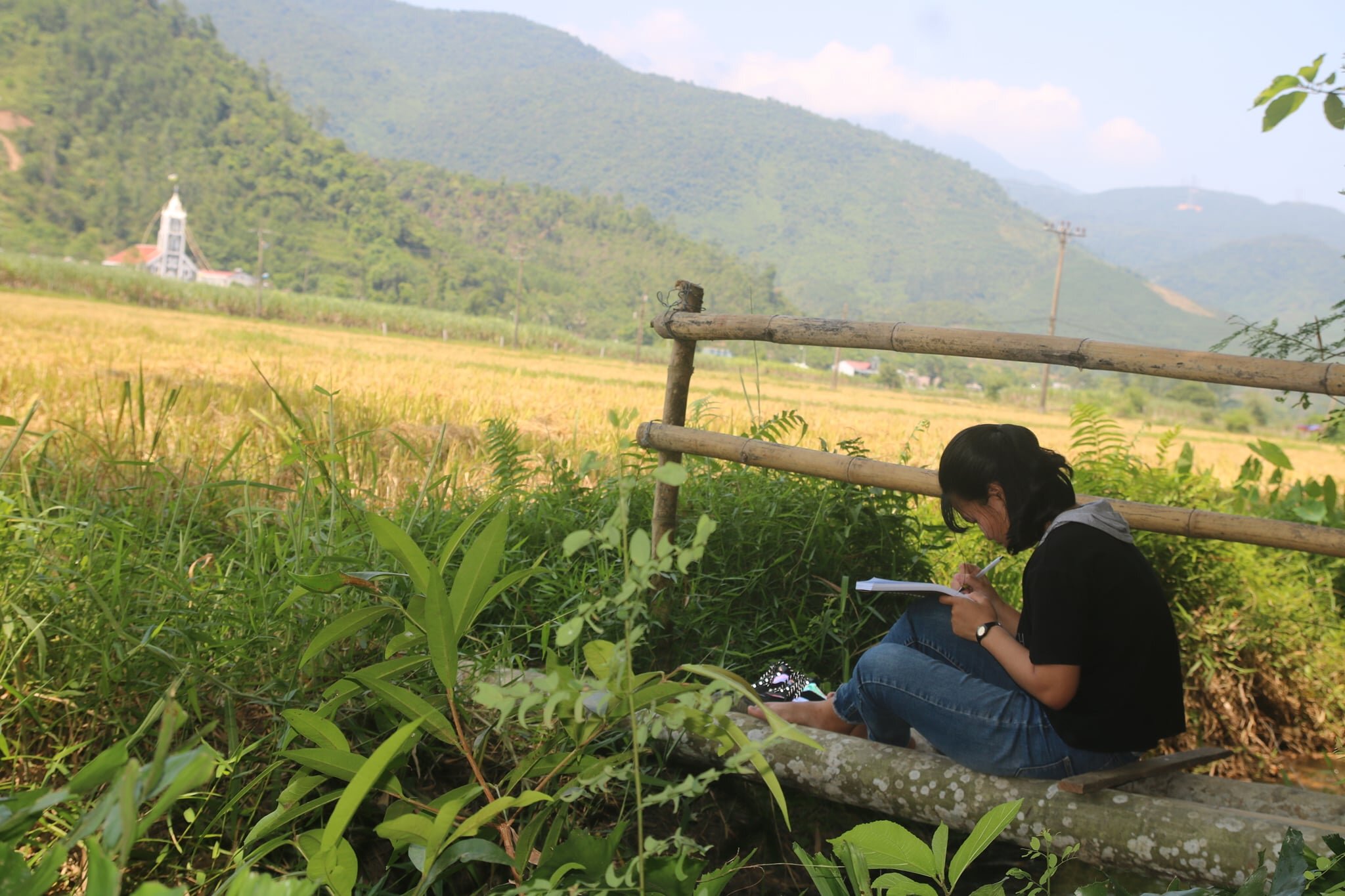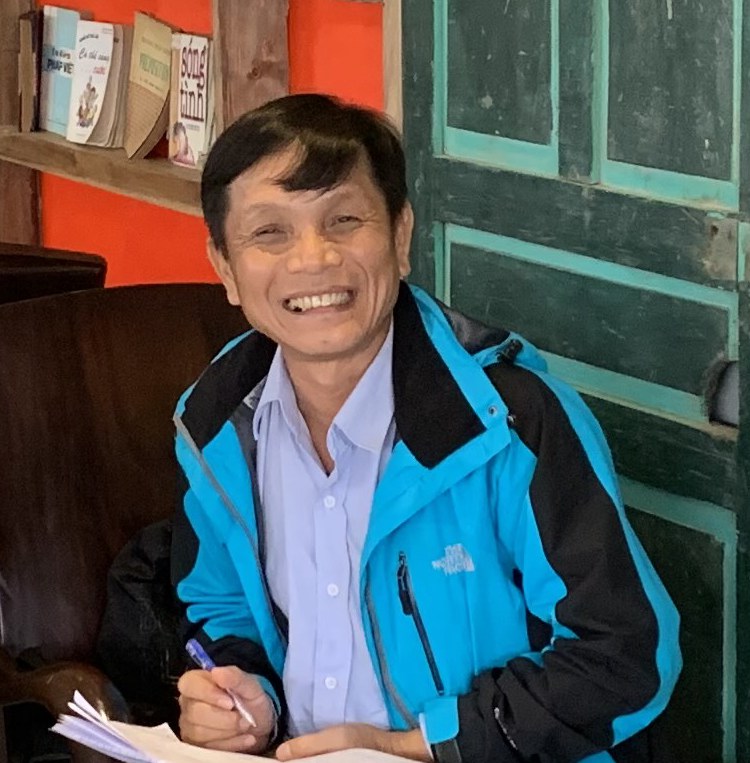
Southeast Asia is often seen as a regional leader in global development and innovation. The pace of economic growth in the region is unmatched, which is often made possible through a formidable government apparatus, access to education, robust public health systems, and regional trade policies. However, the consequences of ‘growth’ as development throughout Asia are starting to be felt. Regional inequalities and multidimensional poverty are becoming more apparent, which are often made worse by climate change.
Despite disparities in the global system, local grassroots actions are starting to shift local priorities and uphold regional environmental conservation, human rights and social justice to prioritize the livelihoods of residents.
During this intensive two-month field program, students will gain an in-depth understanding of the global geopolitical system that guides local development and international policy, as well as learn directly from those living in communities facing these challenges firsthand. We will explore various participatory approaches to development, governance, and community building in cooperation with local partners. This will include learning directly from those working to protect indigenous knowledge, cultures, and practices. Through an intellectually and physically rigorous schedule of cultural study, intercultural interactions, and reflection, the course promises to be both unique and transformative.
Key Features
Work with local stakeholders, including government officials, NGOs and local university students
Identify elements of equitable international partnerships at the community, national, regional and global levels to understand how they are initiated, nurtured and sustained while gaining deeper insight into sustainable development, environmental conservation, governance and community building
Support local development efforts of communities in Vietnam and Thailand by learning about the daily life of residents (e.g., fishing, agriculture, etc.), how they are innovating to grapple with challenges facing the region
Develop professional skills in community-based research, development, participatory engagement and project management
Earn fifteen credits through Western Washington University (included in cost)
Program Information
Travel in spring 2023
-
Tuition - $4,320
Program Fee - $4,178
Deposit - $1,000
WWU Fees - $1
All costs listed are estimated according to Spring 2023. Please see Western Washington University’s budget sheet for more information on billable and non-billable expenses.
INCLUDES:
Tuition and fees for 15 credits through Western Washington University
Lodging & meals (B, L, D)
Ground transportation in country
Excursions and all fieldwork activities (e.g., admissions to temples, museums, parks, etc.)
International health insurance
Carbon offset for international travel
NOT INCLUDED:
Airfare & trip insurance
Passport & visa
Immunizations/personal medical expenses (including COVID-19 tests for border crossing)
Books & supplies
Independent travel & personal expenses
Photo Credit: Chu Manh Trinh
Photo Credit: Gage Neiffer
What will you do in Southeast Asia?
Each day will look different, and we will let local partners guide our day-to-day schedule, and we will change our itinerary accordingly. We plan to begin our studies in Thailand, where you will learn about development in Southeast Asia and the geopolitics that guide the region. We will visit various multilateral and local agencies, utilize case study analysis tools to investigate the realities of development, and be introduced to local culture, history, and language. Chiang Mai University will serve as a hub through our partnership with the Regional Center for Social Science and Sustainable Development (RCSD), where we will collaborate with faculty and students.
You will then have the opportunity to learn from indigenous communities in Thailand through our partnership with IMPECT. You will live and learn with folks working to preserve local resources, livelihoods and culture, and gain a unique perspective on conservation and grassroots activism.
After our time in Thailand, we will travel to Vietnam and learn about participatory approaches to community development and environmental conservation. Local leaders will be our guide and teach us about the participatory strategies they have used to develop their own communities while preserving the environment and maintaining strong community ties. Discussion will focus on how community-based initiatives have started to create more systemic change through policy and development initiatives. Homestays and direct exchange with local university partners will be a key aspect of this portion of the course, and you will learn firsthand from our rich network of partners in the region.
Finally, you will put what you have learned into practice by conducting community-based research and co-producing social action projects to build your own partnerships for systemic change.
Partnerships for Peer-to-Peer Learning in Southeast Asia
Our programs are designed to appreciate everyone's unique strengths and based on our values of humility and reciprocity. As outsiders, we know we do not have the answers, but we can facilitate opportunities for communities to learn from one another. The long-term goal is to facilitate opportunities for community exchange. Instead of students from Western Washington University and the United States being the only group traveling to various communities, we will afford community members and local students the same opportunity and can learn from one another. We have witnessed the transformational power of peer-to-peer learning first-hand. When learning this way, participants can build on each other's strengths and connect their lived reality locally to the broader context and build a coalition for change.
Have Questions?

Trip Leaders
Julia Babcock
Senior Project Manager, Portland State University
Affiliated Faculty, Western Washington University
Chu Manh Trinh
Researcher, Cu Lao Cham Marine Protected Area, Quang Nam Province, Vietnam
Nguyen Thi Thu Thuy
Lecturer, School of Tourism,
University of Economics Ho Chi Minh City
Ready to join us?












